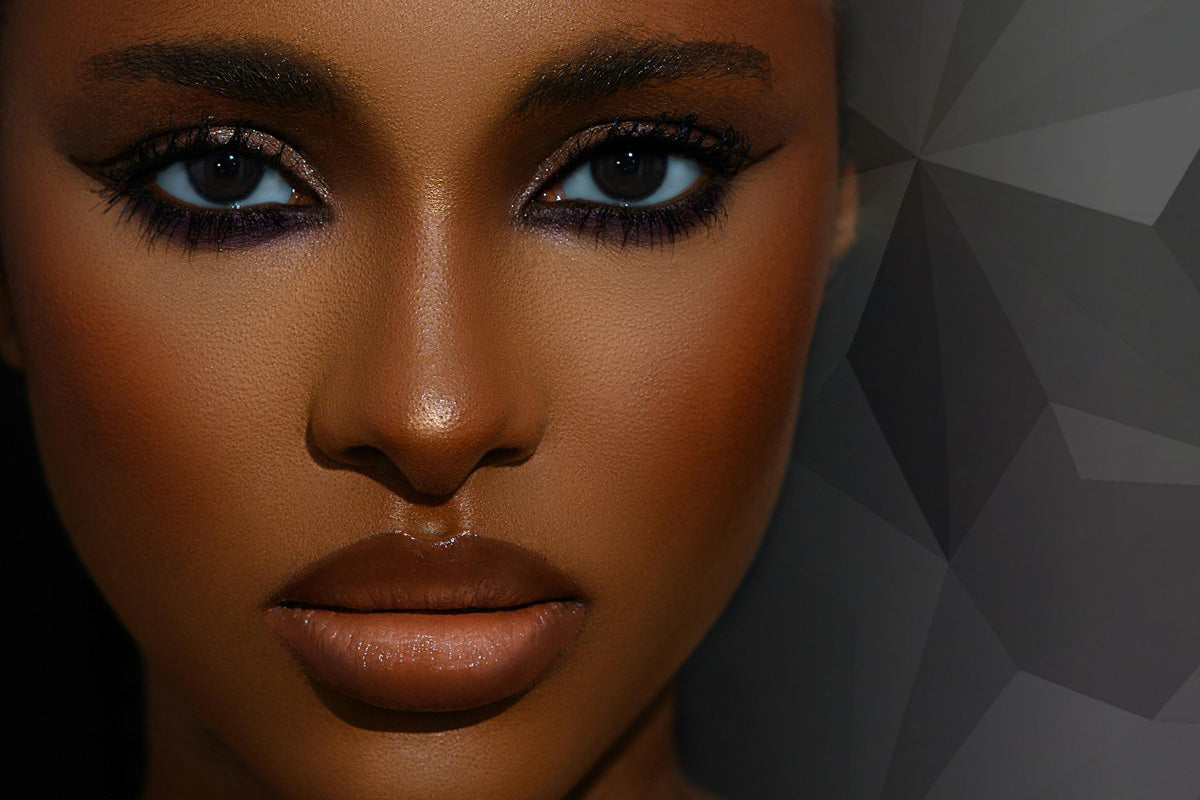The beauty industry is overflowing with misinformation. From viral skincare hacks to outdated advice passed down through generations, skincare myths have shaped routines in ways that often do more harm than good.
But here’s the truth: many of these myths are holding you back from achieving healthy, resilient skin. Whether it’s the belief that expensive products work better, that natural ingredients are always superior, or that you don’t need sunscreen on cloudy days, it’s time to set the record straight.
Let’s bust the biggest skincare myths and uncover science-backed methods that actually work.
Myth #1: Drinking More Water Instantly Hydrates Your Skin
The Truth:
Hydration is essential for overall health, but drinking water alone won’t magically hydrate your skin. Your skin’s hydration levels depend on topical ingredients, humidity, and your skin barrier’s ability to retain moisture. 
What Actually Works:
- Use humectants like hyaluronic acid and glycerin to draw water into the skin.
- Seal hydration in with ceramides and fatty acids to prevent moisture loss.
- Avoid harsh cleansers that strip your skin’s natural hydration.
Myth #2: Expensive Skincare Products Work Better
The Truth:
A higher price tag doesn’t guarantee better results. Many affordable products contain the same active ingredients as luxury brands, but without the markup. 
What Actually Works:
- Look at the ingredient list, not the price. Focus on proven actives like niacinamide, retinol, and vitamin C.
- Choose well-formulated products rather than chasing luxury branding.
- Consistency matters more than cost. A $25 serum used daily is more effective than a $200 cream used sporadically.
Myth #3: Natural Ingredients Are Always Better Than Synthetic Ones
The Truth:
While natural ingredients can be beneficial, they’re not automatically safer or more effective. Some synthetic ingredients are more stable and potent, while some natural ingredients can be irritating.
What Actually Works:
- Choose ingredients based on efficacy, not marketing, both natural and synthetic compounds can be beneficial.
- Be cautious with essential oils. Some can cause irritation or allergic reactions.
- Look for science-backed formulations that balance safety and effectiveness.
Myth #4: You Don’t Need Sunscreen on Cloudy Days or Indoors
The Truth:
UV rays penetrate clouds and windows, meaning your skin is still exposed to damage even when you’re inside.  UVA rays, which contribute to premature aging and skin cancer, can pass through glass.
UVA rays, which contribute to premature aging and skin cancer, can pass through glass.
What Actually Works:
- Wear broad-spectrum sunscreen daily, regardless of weather or location.
- Choose SPF 30+ with UVA and UVB protection for full coverage.
- Reapply sunscreen every 2-3 hours if you’re exposed to sunlight.
Myth #5: Pores Open and Close
The Truth:
Pores don’t have muscles, so they can’t open or close. Heat may loosen debris, but it doesn’t physically change pore size.
What Actually Works:
- Use gentle exfoliation (like salicylic acid) to clear clogged pores.
- Avoid harsh scrubbing, which can irritate skin and make pores appear larger.
- Keep skin hydrated to maintain elasticity and minimize pore visibility.
Myth #6: Oily Skin Doesn’t Need Moisturizer
The Truth:
Skipping moisturizer can make oily skin worse. When skin lacks hydration, it compensates by producing more oil, leading to breakouts and excess shine. 
What Actually Works:
- Use lightweight, non-comedogenic moisturizers to hydrate without clogging pores.
- Look for ingredients like niacinamide, which regulate oil production.
- Balance hydration and moisture—even oily skin needs water.
Myth #7: Acne Is Caused by Poor Hygiene
The Truth:
Acne isn’t just about cleanliness, it’s influenced by hormones, genetics, and inflammation. Over-washing can strip the skin barrier, making acne worse. 
What Actually Works:
- Use gentle, pH-balanced cleansers to avoid irritation.
- Incorporate acne-fighting ingredients like salicylic acid and benzoyl peroxide.
- Avoid over-cleansing, which can trigger excess oil production.
Myth #8: Anti-Aging Products Are Only for Older Skin
The Truth:
Prevention is key, starting anti-aging products before wrinkles appear helps maintain youthful skin. 
What Actually Works:
- Use antioxidants like vitamin C and resveratrol to fight free radicals.
- Apply retinol early to boost collagen and prevent fine lines.
- Wear sunscreen daily. UV damage is the biggest cause of premature aging.
Skincare myths can lead to ineffective routines, wasted money, and even skin damage. By busting outdated beliefs and focusing on science-backed methods, you can build a smarter, more effective skincare routine.
 11 Skincare Myths You Should Stop Believing, According To Dermatologists
11 Skincare Myths You Should Stop Believing, According To Dermatologists
 10 Common Skincare Myths Debunked: Expert Facts - Exoceuticals
10 Common Skincare Myths Debunked: Expert Facts - Exoceuticals
 Skincare Myths Debunked: Separating Fact from Fiction – FWBEAUTY
Skincare Myths Debunked: Separating Fact from Fiction – FWBEAUTY





